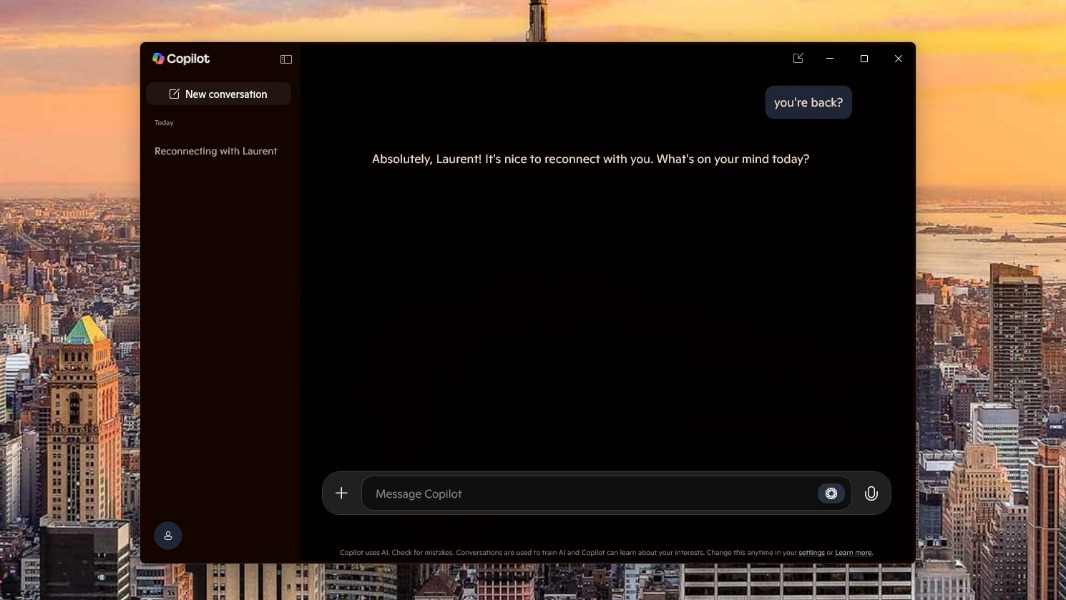
Microsoft Fixed the Bug That Uninstalled Copilot on Windows PCs
- 19.03.2025 00:00
- thurrott.com
- Keywords: AI, Copilot, Windows 10, Windows 11
Microsoft fixed a bug that caused its Copilot app to be uninstalled on Windows 10 and 11. The issue has been resolved, and affected users can reinstall Copilot from the Microsoft Store.